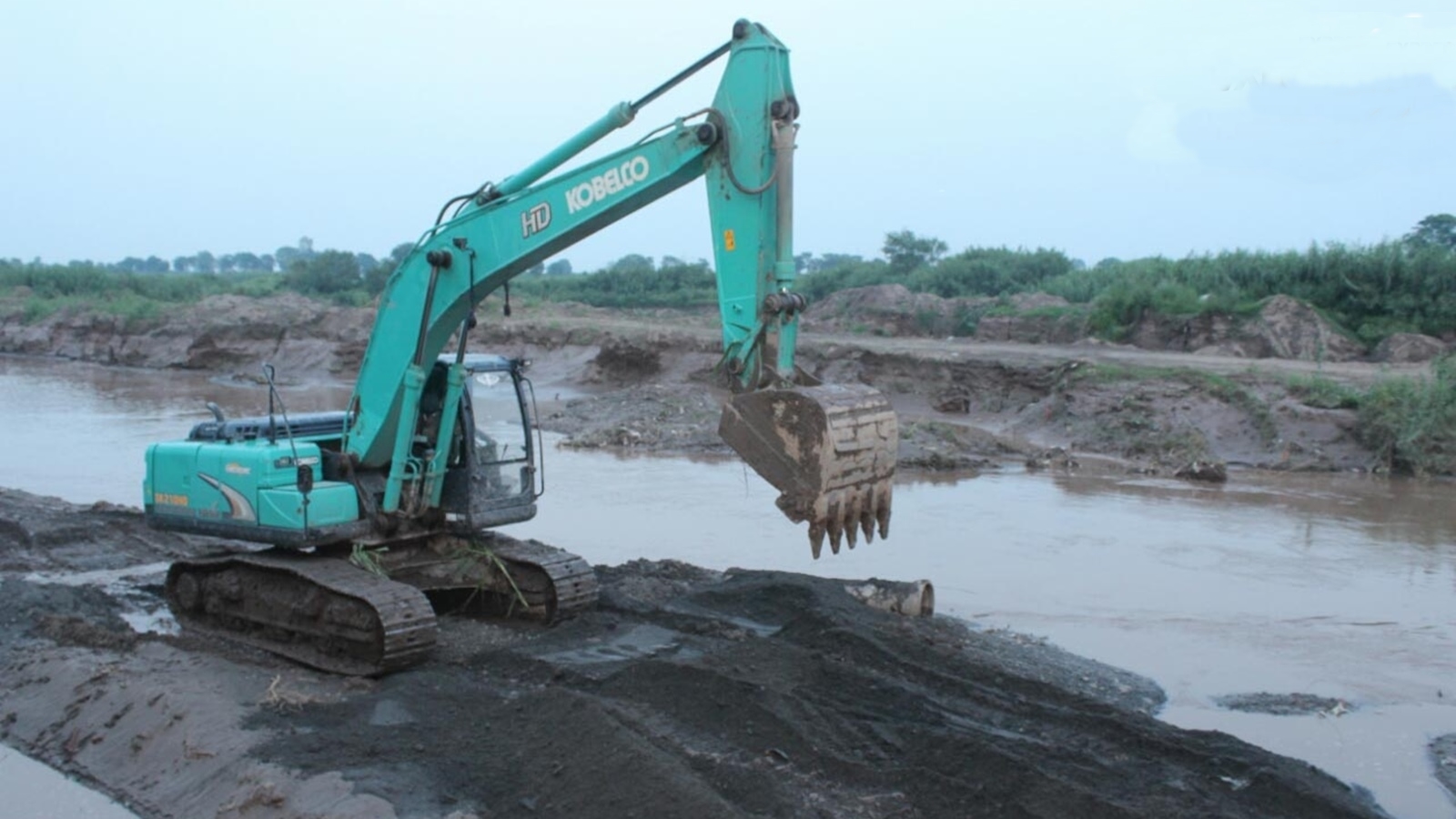
AMID SETBACKS, FIRST SIGNS OF PROGRESS IN LITHIUM MINING IN CHHATTISGARH
EXPLORATION OF LITHIUM, a critical mineral used to make lithium-ion batteries, in Chhattisgarh’s Korba district has moved a step further with one block advancing to the second round of auctions and promising deposits now being found in the initial exploration of another block, according to latest information available with the Union Mines Ministry.
The reassuring signs from Korba come after a series of roadblocks in the Centre’s endeavour to develop India’s first lithium mine including the cancellation of auction of a lithium block in Jammu and Kashmir’s (J&K’s) Reasi district due to insufficient investor interest, shelving of exploration plans in Manipur’s Kamjong district due to “local resistance”, and “not encouraging” results from exploration in Ladakh and Assam.
In Korba, just south of the lithium block currently under auction, a private exploration company funded by the National Mineral Exploration Trust (NMET) has found hard rock lithium deposits ranging from 168 to 295 parts per million (ppm). Further exploration could pin down the reserves estimate to a large number. Lithium exploration in other states, however, has not been as fruitful, latest meeting minutes of a top NMET committee revealed.
In Manipur, the committee was told that efforts to explore lithium in Kamjong district were stalled due to resistance from locals in the area. “The committee decided to drop the item for the time being due to local issues,” the minutes said. In Ladakh’s Merak block, very close to the border between India and China, a lithium exploration funded by NMET yielded “results (that) are not encouraging”. The NMET committee also recommended to “drop” an item dealing with the upgradation of a lithium exploration in Assam’s Dhubri and Kokrajhar districts.
The primary end-use of lithium, a critical mineral, is in lithium-ion batteries, which are extensively used in electric vehicles (EVs) and consumer electronics. Lithium is also used in energy storage systems. With lithium demand having grown significantly over the past few years and set to rise further going forward, there is a global rush for mining the critical mineral. India, too, has been trying to scout for opportunities in lithium mining domestically as well as overseas.
Since November, the mines ministry has put 38 blocks of critical minerals up for auction, including two lithium blocks — one in J&K's Reasi district and another in Chhattisgarh's Korba district. Of the two lithium blocks, only the Korba block garnered enough investor interest for the auction process to continue, while the Reasi block had to be annulled and was reoffered in a fresh tranche of auction in March. The ministry is set to announce the preferred bidder for the Korba block on Monday, whereas the re-auction of the Reasi block is ongoing.
Preliminary surveys in Korba found lithium concentrations in bedrock samples ranging from 10 to 2,000 ppm, whereas exploration in Reasi showed lithium deposits exceeding 200 ppm. According to mining sector experts, the potentially lower concentration of lithium in the J&K block, coupled with the need for expensive mineral extraction infrastructure, could explain the weak investor interest. Lithium concentration alone does not determine extraction viability. Lithium found in hard rock granites and pegmatites, like in India, is significantly harder to extract.
Experts also highlighted that figures on mineral reserves reported for several blocks were inconclusive and not rigorous. The Indian Express had earlier reported how underdeveloped mineral reporting standards in India are hindering inflows of direct investment in the mining sector.
Notwithstanding mixed results in identifying and developing domestic critical mineral assets, India has been relatively more successful in securing assets overseas. For instance, Khanij Bidesh India Limited (KABIL), a joint venture of three public sector companies under the Mines Ministry, secured rights to explore, develop, and extract lithium across five blocks in Argentina's Catamarca province earlier this year. The Indian Express earlier reported that several Indian companies, urged by the ministry, are also looking at securing critical mineral assets in Sri Lanka and Australia.
For the latest news from across India, Political updates, Explainers, Sports News, Opinion, Entertainment Updates and more Top News, visit Indian Express. Subscribe to our award-winning Newsletter Download our App here Android & iOS
2024-06-24T00:21:37Z dg43tfdfdgfd